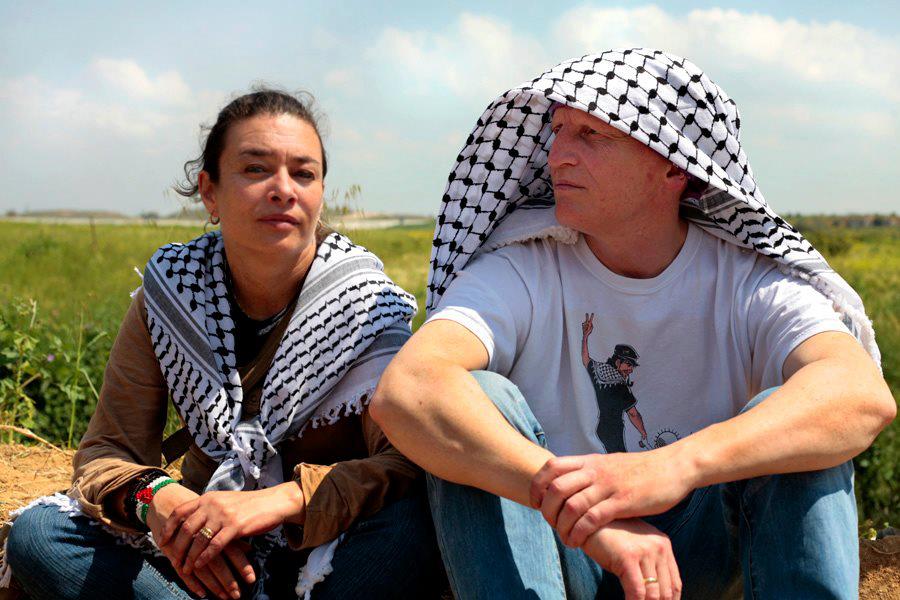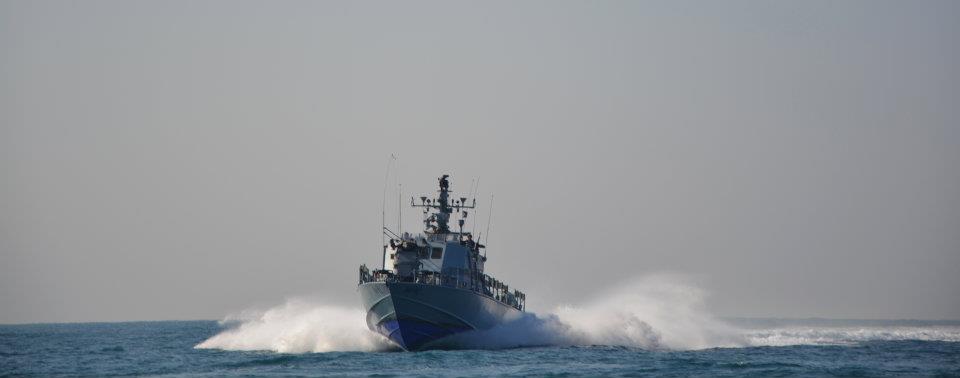Category: Gaza
-
“Soldiers opened fire at our boat and engine. We were about to sink”
21st March 2014 | International Solidarity Movement, Rosa Schiano | Gaza, Occupied Palestine On Tuesday, 11th March, Israeli naval forces arrested two Palestinian fishermen and confiscated their fishing boat off the coast of Gaza City. The two cousins, Shabaan Abu Ryala (33) and Jihad Abu Ryala (24), both from al-Shati (“Beach”) refugee camp, went to fish at 7:00…
-
“When we see that our efforts are making a difference, it is easier to continue”
11th March 2014 | International Solidarity Movement, Charlie Andreasson | Gaza, Occupied Palestine On Christmas Day 2013, a small armada of tank trucks drove around Jabaliya, the largest refugee camp in the Gaza Strip and one of the areas severely affected during the recent floods. Clean water is in short supply here, and many households are forced…
-
Local Israel boycott part of Gaza’s “resistance mentality”
8th March 2014 | The Electronic Intifada, Joe Catron | Gaza City, Occupied Palestine Agricultural organizations in the Gaza Strip are working with academic and other civil society groups to prepare for Israeli Apartheid Week (IAW). Local events, as part of the boycott, divestment and sanctions (BDS) movement, will run from Sunday, 9 March through Thursday, 13 March in the besieged coastal enclave. “On…



